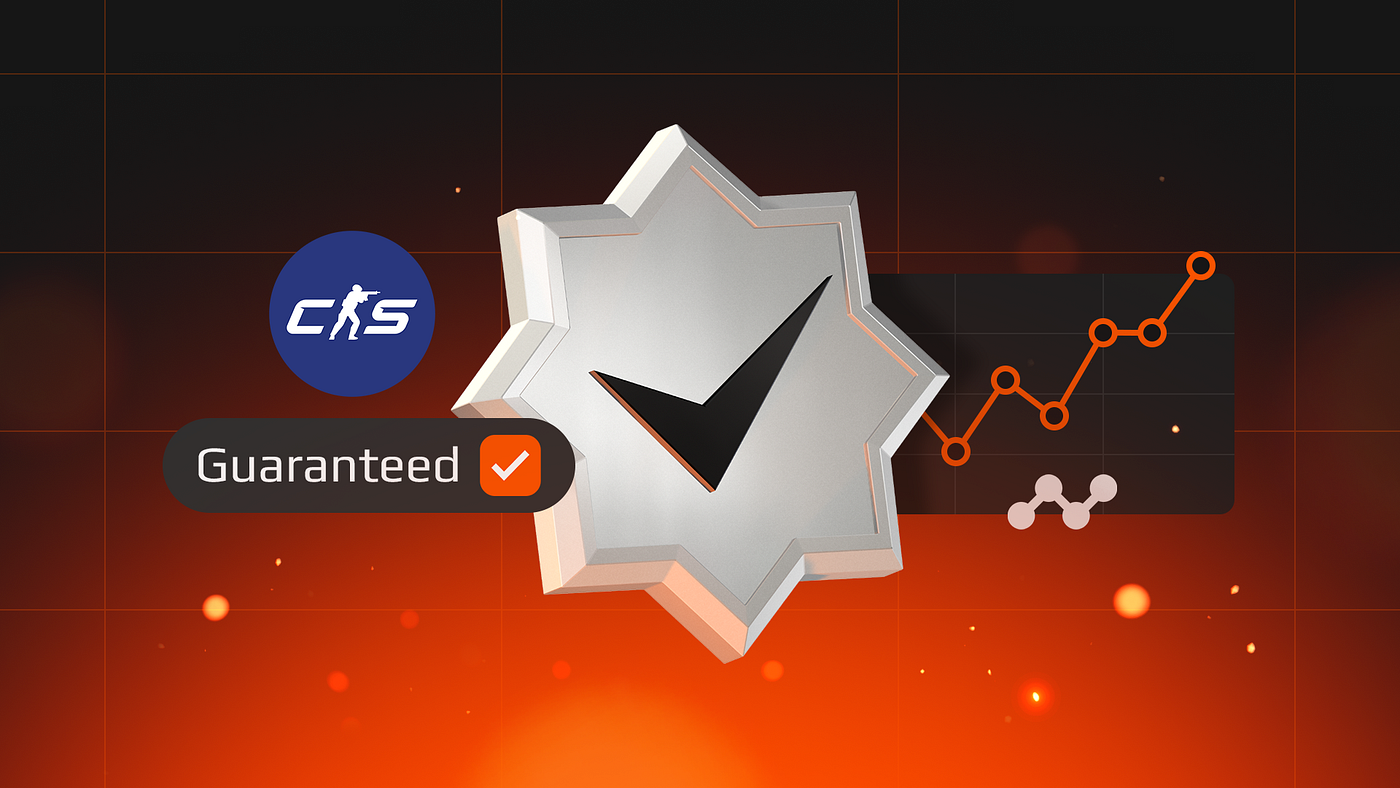Blooming Market Insights
Explore the latest trends and insights in digital marketing.
Why CSGO Matchmaking Needs a Makeover: The Quest for Fair Play
Discover why CSGO matchmaking is broken and explore solutions for a fairer gaming experience in our deep dive into the quest for fair play!
The Flaws of CSGO Matchmaking: Identifying the Need for Change
The matchmaking system in CSGO has faced its fair share of criticism over the years. Players often complain about rank disparities, where unbalanced skill levels lead to frustrating gameplay experiences. For instance, lower-ranked players might find themselves matched against skilled opponents, resulting in an uncompetitive environment. Moreover, the presence of disruptive players, often referred to as 'smurfs', wreaks havoc on the matchmaking experience. This inconsistency not only hampers the fun factor but also discourages player retention, highlighting the crucial need for a systematic overhaul.
Another significant flaw is the reliance on win/loss ratios to determine player skill levels. This approach can create scenarios where players prioritize winning over actual skill development, leading to an inflated sense of ability. The lack of adequate performance metrics, such as objective contributions or teamwork, also exacerbates the problem. In conclusion, the CSGO matchmaking system is in dire need of change to ensure fairer matches and improve the overall player experience. By addressing these flaws, Valve could rejuvenate the competitive landscape and foster a healthier gaming community.

Counter-Strike is a highly popular multiplayer first-person shooter game where teams of terrorists and counter-terrorists compete to complete objectives. Many players seek to enhance their gaming experience by setting up their own cs2 dedicated server, allowing for greater control over match settings and player communities. With its strategic gameplay and intense competition, Counter-Strike has become a staple in the esports scene.
How Enhanced Ranking Systems Could Revolutionize CSGO Matchmaking
Enhanced ranking systems have the potential to significantly transform the way CSGO matchmaking functions, creating a more balanced and competitive environment for players of all skill levels. By utilizing advanced algorithms that analyze player performance metrics, the new system could more accurately match players based on their true capabilities and playstyles. This would reduce instances of skill disparity during matches, leading to a more engaging gameplay experience. For example, players with similar win rates, kill/death ratios, and other relevant statistics would be grouped together, allowing for meaningful matches where every player feels they can contribute.
Moreover, the integration of enhanced ranking systems could introduce innovative features such as dynamic matchmaking adjustments and personalized player feedback. These elements would not only help CSGO players understand their strengths and weaknesses better but also foster a sense of community and improvement. Imagine a scenario where players receive actionable insights following each match, such as advice on positioning or teamwork strategies based on data analysis. This could encourage healthier competition and ultimately elevate the overall skill level within the game, making every match a learning opportunity and revolutionizing CSGO matchmaking as we know it.
Is Fair Play the Ultimate Goal? Examining CSGO's Matchmaking Challenges
In the competitive landscape of CSGO, the concept of fair play often appears as a double-edged sword. While the game's matchmaking system is designed to foster equitable competition, many players feel that this ideal is rarely achieved. From skill discrepancies among ranked players to the prevalence of smurf accounts, the challenges undermine the very essence of what defines a fair gaming environment. To truly assess whether fair play is the ultimate goal in CSGO, one must consider the systemic flaws and player behavior that continue to plague the matchmaking experience.
Moreover, the debate surrounding fair play extends beyond technical limitations to encompass community dynamics. If we look closely, issues like cheating, toxic behavior, and inconsistent penalty enforcement can significantly affect the integrity of matches. Many gamers argue that achieving a level of fair play is not solely dependent on the game's algorithms but also on fostering a supportive community willing to uphold the principles of sportsmanship. Thus, as we examine CSGO's matchmaking challenges, it becomes clear that while fair play should be the ultimate goal, numerous obstacles remain in the path to achieving a truly balanced and competitive environment.